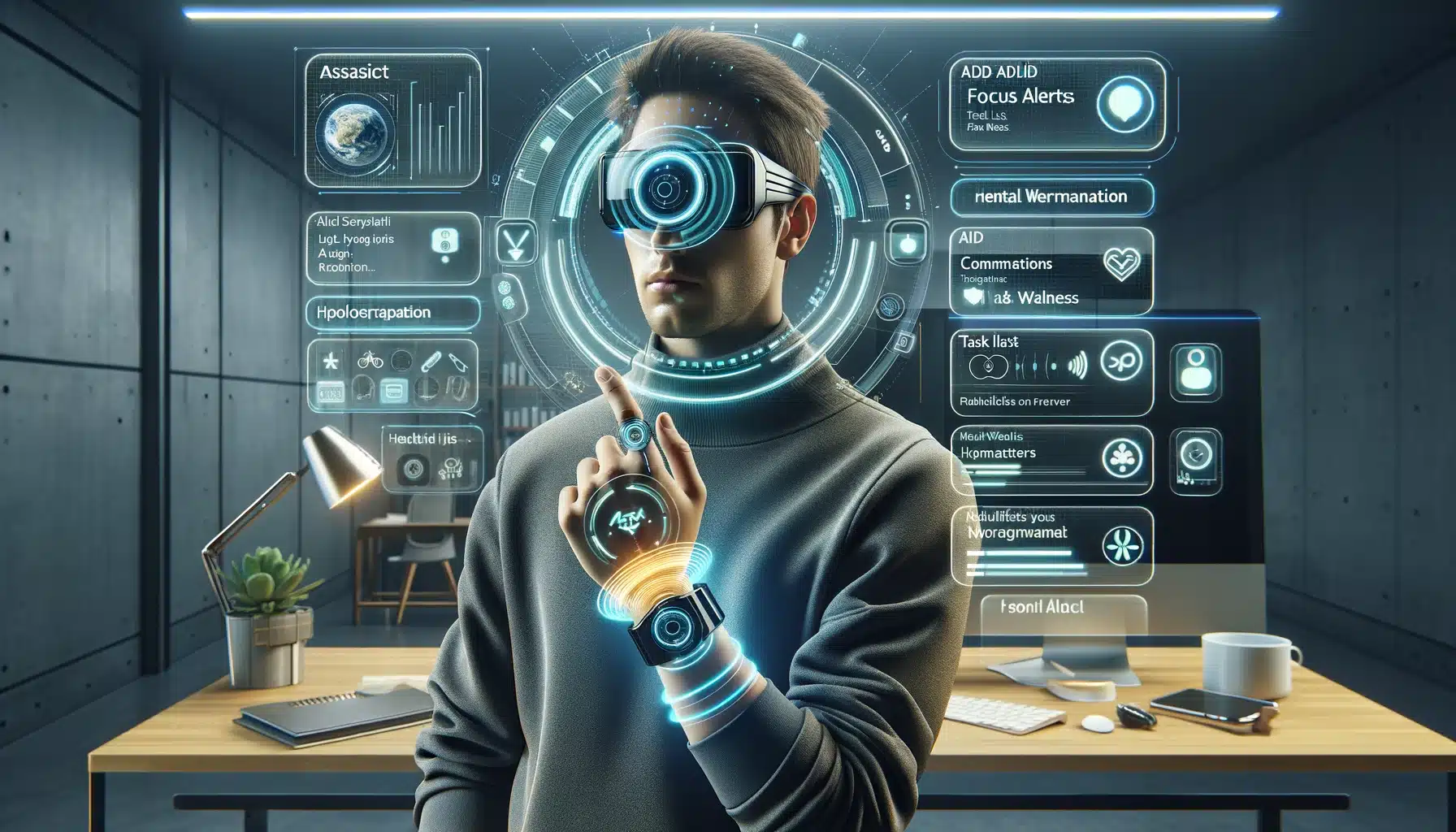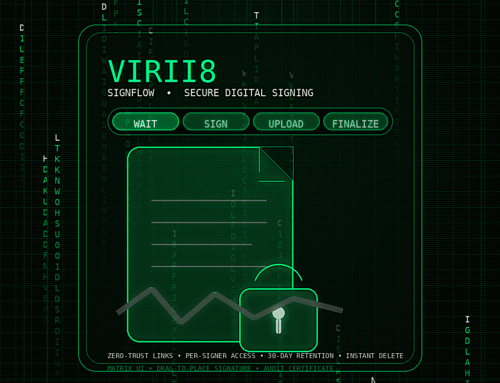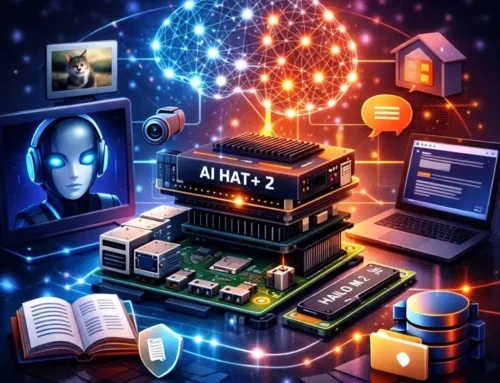
Approx. read time: 8.2 min.
Post: Harnessing AI for Enhanced Focus: The Future of Personal Assistants for ADD, ADHD, and Mental Wellness
Harnessing AI for Enhanced Focus: The Future of Personal Assistants for ADD, ADHD, and Mental Wellness
Living with ADD, ADHD, and other mental health challenges can make day-to-day tasks feel like navigating a labyrinth. The constant battle with focus, the frequent distractions, and the overwhelming need to stay on top of priorities can be daunting. However, advancements in artificial intelligence (AI) offer a beacon of hope. Imagine an AI assistant that listens and records 24/7, designed specifically to keep you on track and help you manage your tasks efficiently. This article explores the potential of such an AI system, its features, and how it can revolutionize life for individuals with attention and focus-related challenges.
The Need for a 24/7 AI Assistant
For individuals with ADD, ADHD, and other mental health conditions, maintaining focus can be a significant struggle. Simple tasks can become overwhelming, and distractions are often just a click away. A 24/7 AI assistant that intuitively understands your priorities and helps keep you focused could be a game-changer. This assistant would not only remind you of your tasks but also learn from your behavior to offer personalized support.
Key Features of the Ideal AI Assistant
- Continuous Listening and Recording: The AI assistant should be able to listen and record continuously, understanding verbal commands and conversations. This feature allows for real-time assistance and the ability to track and manage tasks without manual input.
- Focus Alerts and Reminders: The assistant can alert you when your focus drifts, reminding you of your priorities. This is especially useful when working on projects that require sustained attention, such as writing a blog.
- Intuitive Task Management: The AI can learn from your behavior and adapt to your workflow. By understanding your priorities, it can provide timely reminders and suggestions to keep you on track.
- Versatile Display Capabilities: Depending on the device you are using, the AI can display information in various ways. For instance, if you ask to see an image of an Intel i7 processor, it can show it on your current device, project it as a hologram, or send it via AirPlay.
- Multi-Device Integration: The system can be made up of multiple devices, such as a ring, watch, glasses, and pocket clip nodes. These devices work in tandem to provide seamless support, whether you’re at home, in the office, or on the go.
Innovative Features for Comprehensive Support
The AI assistant would not be limited to task management and focus. It could also incorporate state-of-the-art features to support overall well-being. Here are some innovative ideas for this system:
Health Monitoring
- Calorie Counting and Nutrition Tracking: With camera and quick audio description capabilities, the AI can automatically count calories and track nutritional intake. This helps in maintaining a balanced diet without the need for manual logging.
- Blood Sugar Monitoring: An optional painless arm patch node can continuously monitor blood sugar levels, providing real-time data and alerts if levels go out of range.
- Stool and Urine Analysis: Nodes that can test stool and urine samples locally can provide valuable health insights, enabling early detection of potential issues.
- Blood Testing: A node that safely latches and draws blood for local testing can offer regular health monitoring without the need for frequent doctor visits.
Advanced Interaction and Display
- Holographic Capabilities: The main nodes, such as glasses, watch, and ring, should have holographic capabilities. This means they can project digital displays as holograms, eliminating the need for physical monitors and wires.
- Seamless Device Switching: The AI can switch displays and controls between devices depending on what you’re using at the moment. This ensures that you always have the information you need at your fingertips, regardless of the device.
- Voice Command Integration: Quick and efficient voice command capabilities allow for hands-free operation. Whether you need to pull up a document, set a reminder, or find information online, you can do so with simple voice commands.
Practical Scenarios and Benefits
Scenario 1: Writing a Blog
Imagine you’re working on a blog about the latest technology trends. You start by outlining your points, but you need some images to support your content. You say, “Show me an image of the Intel i7 processor.” The AI immediately displays the image on your laptop screen. If you’re away from your desk, it projects the image as a hologram through your glasses. As you work, the AI notices you getting distracted by social media and gently reminds you, “Your priority is to finish the section on processors.”
Scenario 2: Daily Health Management
As you go about your day, the AI keeps track of your nutritional intake. After lunch, it notifies you that you’ve consumed 600 calories and provides a breakdown of nutrients. Later, it checks your blood sugar levels through the arm patch and confirms everything is within the normal range. When you feel unwell, you use the stool and urine analysis node, which quickly provides insights and recommends seeing a doctor.
Scenario 3: Managing a Busy Schedule
You have a busy day ahead with meetings, deadlines, and personal errands. The AI assistant organizes your schedule, sending reminders and updates. As you move from one task to another, the AI ensures you stay focused, alerting you if you start to drift off task. If you ask, “What’s next on my agenda?” it promptly provides the information, whether on your smartwatch or as a hologram.
Potential Challenges and Solutions
While the concept of an AI assistant for focus and health management is promising, there are potential challenges to consider:
- Privacy Concerns: Continuous listening and recording could raise privacy issues. Ensuring robust data encryption and allowing users to control what is recorded and shared can mitigate these concerns.
- User Adaptation: Some users may find it challenging to adapt to a new system. Providing intuitive interfaces and gradual onboarding processes can help users become comfortable with the technology.
- Technical Reliability: Ensuring the AI system works seamlessly across various devices and environments is crucial. Regular updates and maintenance, along with user feedback, can help maintain high reliability.
Ethical Considerations
- Data Security: With continuous monitoring and recording, safeguarding personal data is paramount. Implementing strict data security protocols and giving users control over their data can address this concern.
- Informed Consent: Users should be fully informed about what data is being collected and how it is used. Clear and transparent consent processes are essential.
- Bias and Fairness: AI systems must be designed to be fair and unbiased. Continuous monitoring and updates can ensure the system remains equitable for all users.
Future Innovations
Looking ahead, the potential for AI assistants in managing ADD, ADHD, and other mental health conditions is vast. Here are some future innovations that could further enhance these systems:
- Emotion Recognition: Advanced AI could recognize emotional states through voice tone, facial expressions, and physiological data, offering support when you’re feeling stressed or anxious.
- Adaptive Learning: The AI could continuously learn and adapt to your preferences and routines, becoming more personalized and effective over time.
- Augmented Reality (AR) Integration: Integrating AR capabilities could provide immersive experiences, such as virtual workspaces or interactive learning environments.
- Collaborative AI Networks: Multiple AI assistants could collaborate, sharing data and insights to provide comprehensive support across different aspects of life.
- Health Predictions and Recommendations: By analyzing long-term health data, the AI could predict potential health issues and provide preventive recommendations, thus improving overall well-being.
- Environmental Interaction: The AI could interact with smart home devices to create an optimal environment for focus and relaxation. For example, adjusting lighting, temperature, or playing calming music when it detects stress.
Real-World Applications and Case Studies
Case Study 1: Educational Support
Consider a student with ADHD who struggles to stay focused during study sessions. The AI assistant could provide personalized study plans, remind the student to take breaks, and offer interactive learning tools. By adapting to the student’s learning pace and style, the AI can enhance educational outcomes.
Case Study 2: Workplace Productivity
In a corporate setting, an employee with ADD could benefit from the AI assistant’s task management and focus alerts. The AI can help prioritize tasks, manage deadlines, and reduce the impact of distractions, leading to increased productivity and job satisfaction.
Case Study 3: Personal Wellness
For individuals managing multiple health conditions, the AI assistant can be a comprehensive health monitor. From tracking medication schedules to providing dietary recommendations, the AI ensures holistic wellness management. By integrating with healthcare providers, it can also facilitate remote monitoring and consultations.
Conclusion
The idea of a 24/7 AI assistant that listens, records, and helps manage focus and health is not just a futuristic dream but a feasible solution for those struggling with ADD, ADHD, and other mental health conditions. By incorporating intuitive task management, versatile display capabilities, and advanced health monitoring, such an AI system could significantly enhance the quality of life. As technology continues to evolve, the possibilities for AI in personal wellness and productivity are limitless. Embracing these innovations can lead to a future where managing mental health and maintaining focus becomes a seamless part of everyday life.
This AI assistant represents not just a technological advancement but a compassionate approach to improving lives, helping individuals navigate their challenges with confidence and ease. The integration of cutting-edge features and ethical considerations ensures that this technology can be both innovative and respectful of users’ needs and privacy. As we look to the future, the development of such AI systems holds the promise of a more focused, healthy, and balanced life for all.
Managing ADHD with AI (Artificial Intelligence)
4 Ai Personal Assistants (3 Tested)
Related Videos:
Related Posts:
Apple’s Strategic Shift Towards AI: Navigating New Frontiers and Challenges
ADHD Research Unveils Brain Connectivity, Neural Pathways
Google Assistant is listening, Turning off Google Assistant
Oxford Study Debunks Effectiveness of Workplace Wellness Programs for Mental Health
What is Windows 10 and how can I access the free Windows 10 upgrade?










